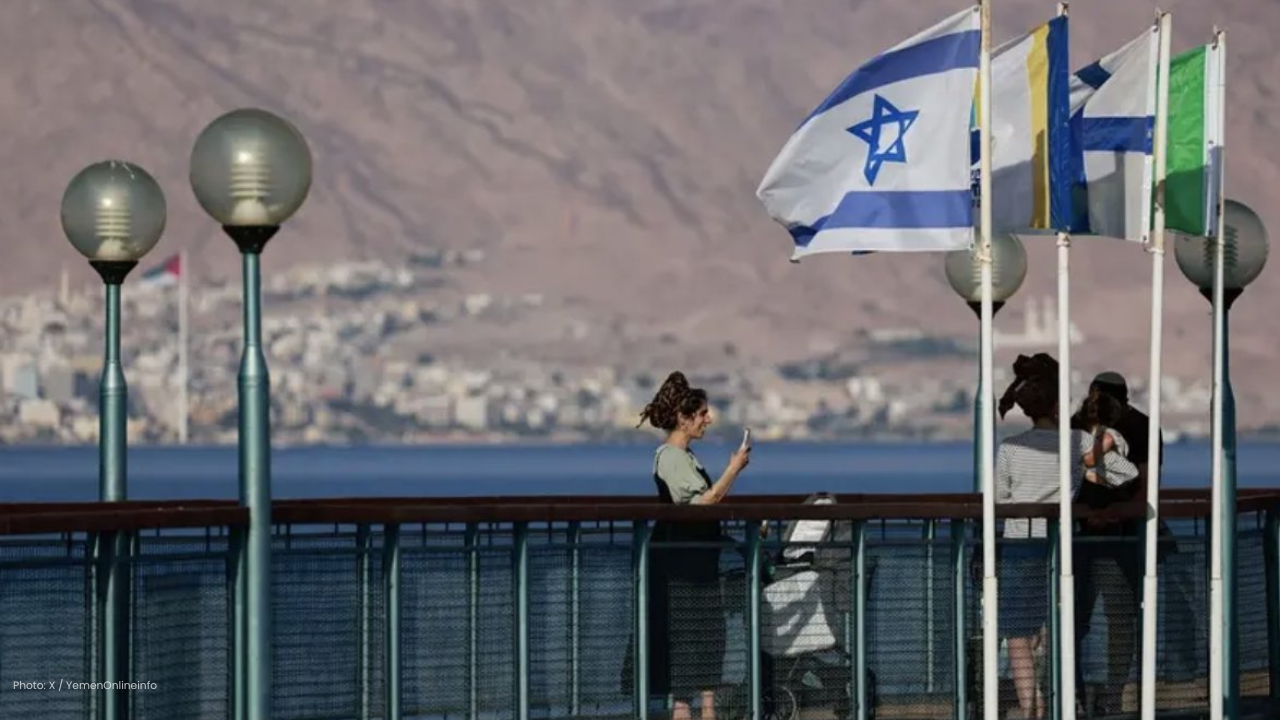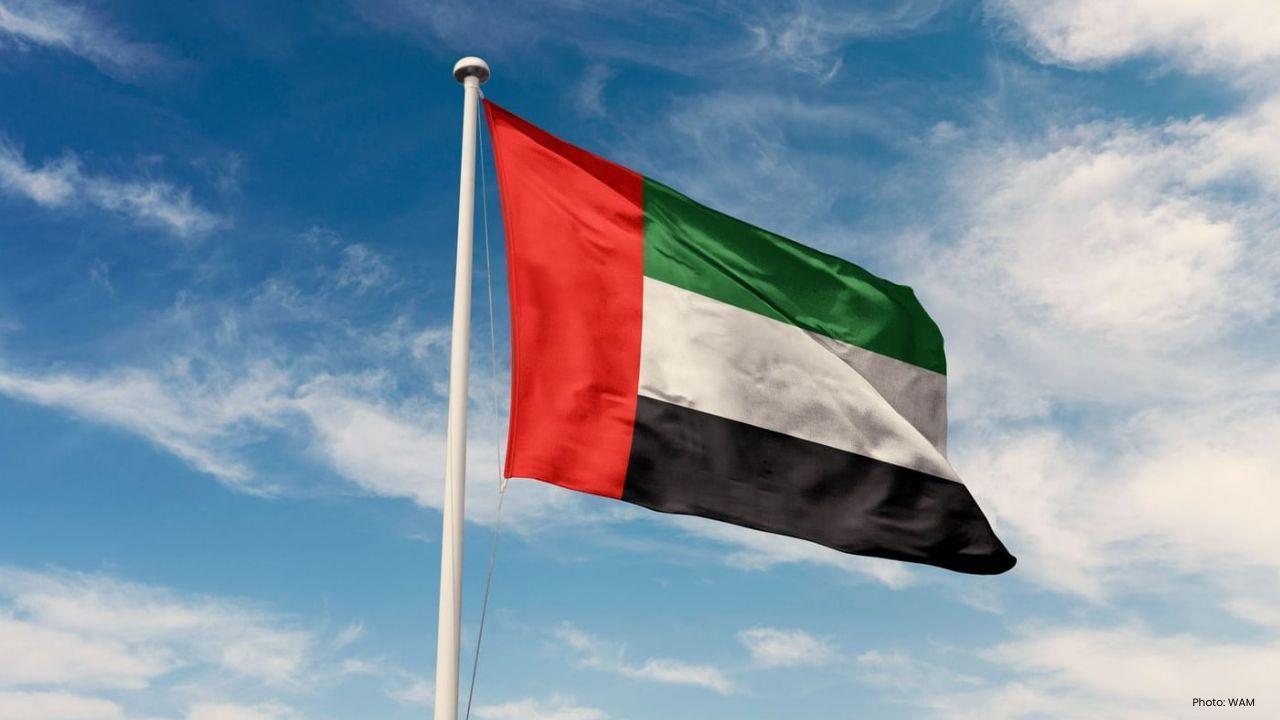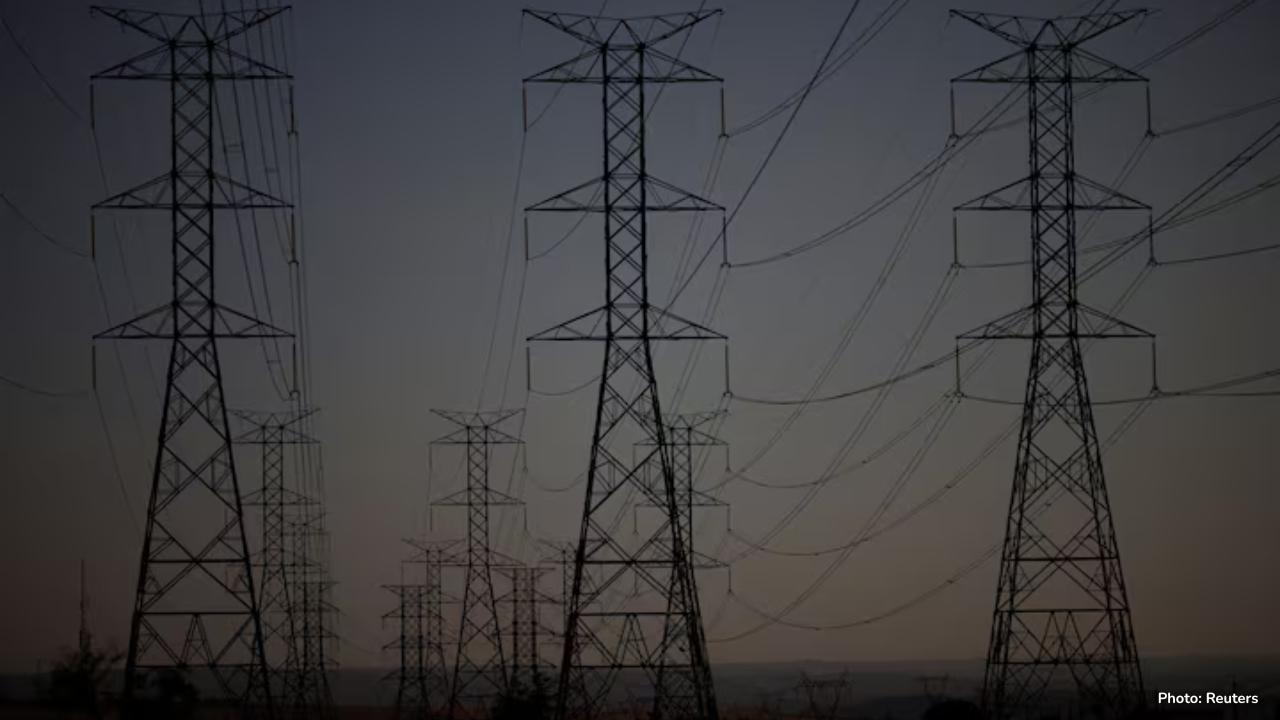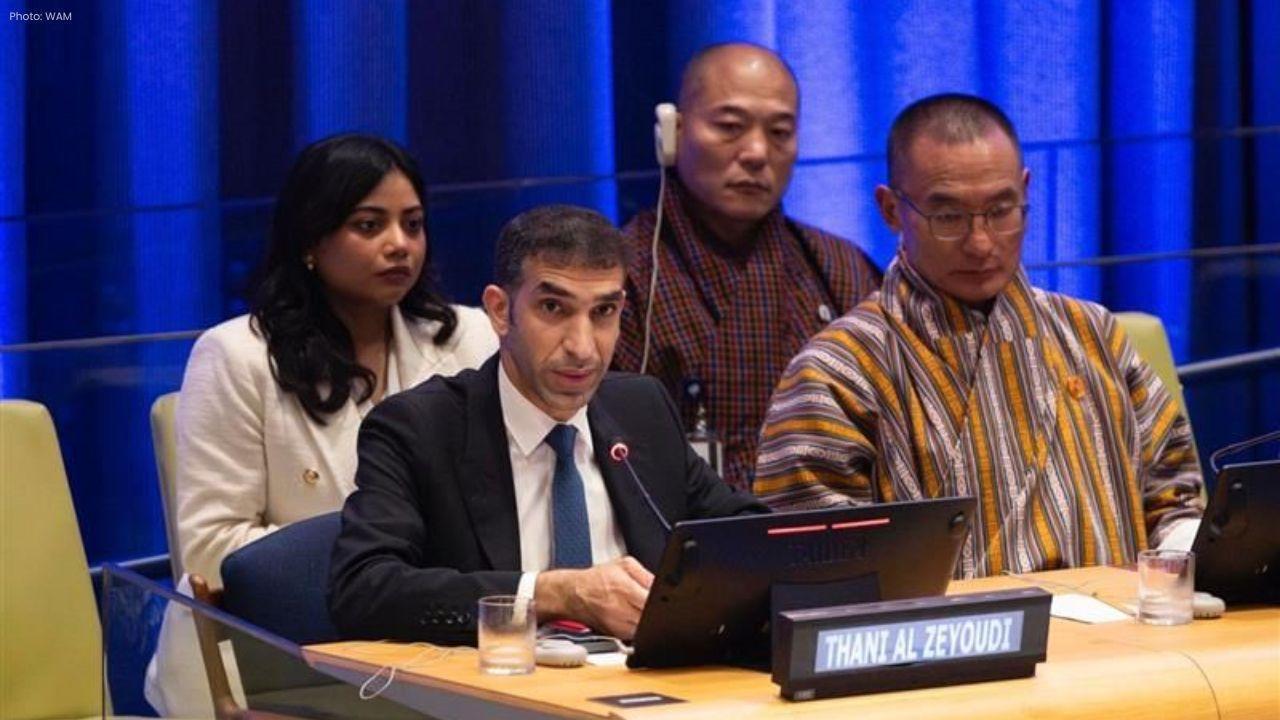
Post by : Naveen Mittal
A drone launched from Yemen crashed in the southern Israeli city of Eilat, causing material damage but no injuries. Police confirmed that their forces were handling the aftermath of the incident. The attack once again highlights the growing tension in the region, with Yemen’s Houthi group claiming responsibility and warning of more strikes in the future.
The incident took place in Eilat, a popular Red Sea resort city in southern Israel known for its hotels, beaches, and tourism. The drone reportedly fell in the hotel zone of the city, an area usually filled with visitors and workers.
According to local authorities, the crash did not cause any loss of life, though property damage was reported. Emergency services quickly reached the spot, and security forces worked to secure the area.
Shortly after the crash, Yemen’s Houthi group issued a statement confirming they were behind the attack. The group declared that Eilat would continue to remain a target as part of their campaign against Israel.
The Houthis, who are supported by Iran, have launched several attacks in recent months against Israel and also targeted international shipping lanes. They claim their actions are aimed at showing solidarity with Palestinians in Gaza, who are facing heavy fighting.
While the latest drone strike did not cause casualties, it has created fresh concerns about the safety of southern Israel, especially in cities like Eilat that are hubs of tourism. Authorities fear that repeated attacks could not only harm lives but also damage the economy by discouraging visitors.
The Israeli military and police have already stepped up measures to monitor and intercept incoming threats. Most missiles and drones launched from Yemen in the past were either intercepted by Israel’s defense systems or fell short before reaching their targets.
Israel has carried out multiple retaliatory strikes in response to previous Houthi attacks. These strikes targeted areas in Yemen where the group is believed to operate drones and missiles. Officials in Israel maintain that they will not allow attacks on their land to go unanswered.
The government has also warned that while it respects international concerns, it has a duty to protect its people from threats coming from abroad.
The Houthis have openly said that their attacks on Israel are an act of “solidarity with Palestinians in Gaza.” They claim that by launching missiles and drones, they are putting pressure on Israel to stop its military actions in Gaza.
The group is also known for attacking commercial ships in the Red Sea and Gulf of Aden. By targeting shipping lanes, they hope to disrupt global trade routes and send a political message.
The attack adds another layer of complexity to the already tense situation in the Middle East. Several countries, including the United States, have expressed concerns about the Houthis’ growing reach. International navies have already increased their presence in nearby waters to ensure safe passage for commercial ships.
For Israel, the challenge is twofold—managing its ongoing conflict with Gaza while also responding to threats from other fronts, including Yemen and Lebanon.
The Houthis, based in Yemen, are closely allied with Iran, which has been accused of supplying them with weapons, training, and political backing. Iran, however, often denies direct involvement. Still, the group’s attacks are widely seen as part of Iran’s broader strategy to influence the region and counter Israel’s alliances with Western countries.
This connection makes the situation even more dangerous, as it risks drawing more countries into the conflict.
For residents of Eilat, the drone crash was a frightening reminder that the conflict is not limited to Gaza or northern Israel. Although no one was hurt this time, the fear of more attacks has unsettled locals and tourists alike.
Hotel workers, shopkeepers, and visitors were shocked to hear that the city’s usually safe hotel zone had been targeted. Many worry about what will happen if such attacks continue.
The drone crash in Eilat marks another escalation in the ongoing regional tensions. Though no lives were lost, the Houthis’ warning that the city will “remain under constant targeting” signals that more challenges may lie ahead.
Israel now faces pressure to both defend its skies and respond firmly without worsening the broader regional crisis. The people of Eilat, meanwhile, are left to hope that security measures will protect them from further harm.
This event is yet another reminder that the conflict in the Middle East is spreading beyond borders and affecting lives far away from the main battlegrounds.
#Israel #Eilat #Yemen #Houthis #MiddleEast #DroneAttack #GazaConflict #WorldNews #Security #GlobalTensions










OpenAI's Revenue Soars to $4.3 Billion in First Half of 2025
OpenAI's revenue reaches $4.3 billion in the first half of 2025, marking a 16% increase from the pre

UAE Leaders Send Condolences to Saudi King Over Princess Abta's Death
UAE rulers and crown princes sent heartfelt messages to King Salman, mourning the passing of Princes

Brazil's Surplus Clean Energy Attracts Crypto Miners
Brazil's excess renewable energy is luring cryptocurrency miners. Companies like Tether and Renova E

Visa Tests Stablecoins to Make Global Payments Faster
Visa is testing stablecoins for international payments, aiming to speed up transactions and reduce t

Opera Unveils Neon AI Browser for Smarter Web Browsing
Opera introduces Neon, an AI-powered browser that automates tasks and enhances privacy, aiming to re

Albanese Visits Sheikh Zayed Grand Mosque in Abu Dhabi
Australian PM Albanese tours Sheikh Zayed Grand Mosque, highlighting peace, tolerance, and cultural